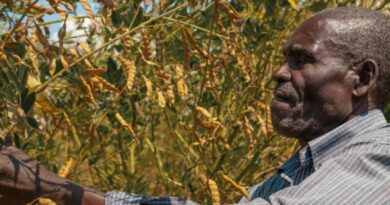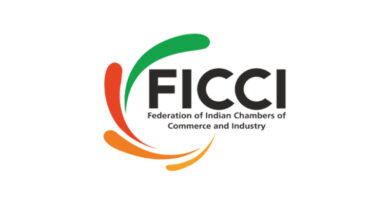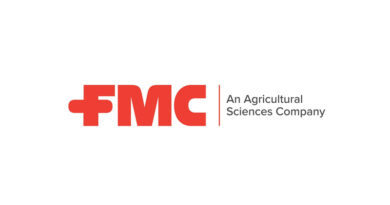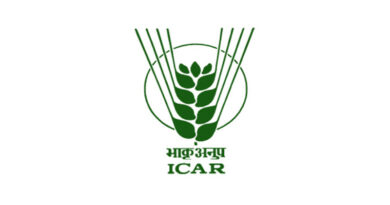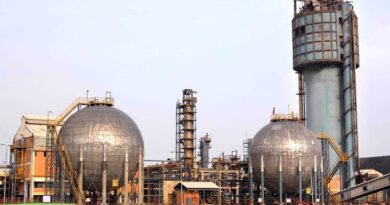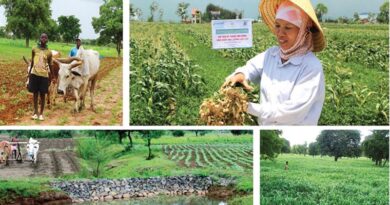AgriTech – A Hotspot for Investments
Guest Author: Mr.Sanjay Borkar, CEO And Co-Founder of FarmERP
18 August 2020, Pune: In recent times, AgriTech or AgTech solutions are gaining their popularity factor because individuals and entities alike, are becoming increasingly aware of the efficiency technology adds to their daily processes, which otherwise would have been tasking to follow through with. The ‘revolutionary’ factor has been highlighted in the AgTech space and hence, it has caught the eyes of investors and big corporations.
Read: Jacto enters new market segment of seeding, autonomous spraying and sugarcane harvesting
AgTech represents that specific niche category of technology buffs that intermingle the age-old occupation of agriculture with the new age specs and wonders of technology.
The specifics of Agronomic Processes:
The agronomic processes encompass diverse solutions in every step, ranging from the sowing of seeds to the harvesting of crops. The processes comprise of integrated resolutions to enhance efficiency within agricultural organizations, along with benefiting smallholder and marginal farmers.
AgriTech, breaking barriers and records:
The upward curve of investments and profitability within the industry does not seem like it would dip anytime soon, with a continuous maturity, breaking barriers, and records. Since 2013, funding within the AgTech sector has increased by roughly a whopping 370%. According to an AgFunder report, specifically, startup investments bucked global venture capital markets across all sectors to $4.7 billion in 2019. The 695 deals were carried out across 940 unique investors.
Read: Advanced farm mechanization can reform the Indian agricultural sector
COVID-19 comes into play:
Similar growth cannot be expected for the remainder of 2020, due to Coronavirus governing industries across all business streams. However, there is less chance of the investments cutting to a freefall wherein they would dip way lower than initially expected. New investment projects may be put on hold, however, ongoing funding is expected to be perennial.
Localizing our viewpoint, we notice that most of these investments are still being carried out within the United States. However, investments in India continue to rise at a rapid rate, representative of a two-way flow (up-stream as well as down-stream) of funding, again highlighting the maturity of the sector.
Read: Cabinet approves FRP of sugarcane for the sugar season 2020-21
The reasoning:
WHY? Every action has an equal and opposite reaction. Sir Isaac Newton was well aware of the specifics of investment and the network within which it functions. Our world is at a point today, where overpopulation is a severe problem in various countries, along with the overall population set to increase by 30% over the next 35 years, according to Global-Engage.com. According to a report conducted by FAO, agricultural production will have to increase by 60-70% to feed the world population by 2050. To work towards an increase in the production of food, along with keeping a tap on the factor of ‘sustainability’, it is essential and integral to adopt smart farming and smart agricultural practices, allowing processes and outcomes to become more efficient in the long run.
The Need for Emerging Trends:
The importance of utilizing ‘big data’ and ‘predictive analytics’ to counteract the issues faced by farmers daily is now more than ever. They will allow farmers to achieve and maybe even surpass their targets for the seasons, resulting in an influx of productivity. In a survey conducted with farmers, 60% mentioned that precision farming is an influential trend to look towards for a structural and foundational change in the way daily practices take place. With the risk of climate change looming overhead at all times, it is crucial to understand the essential need to channel funds towards projects that solve difficult and foreseen problems.
Read: Bayer Names Sara Boettiger as Head of Global Public Affairs, Science and Sustainability
The Agricultural 4.0 wave:
Today, 25-30% of all food produced is wasted, which incurs a social, economic, and environmental cost of $2.5 trillion annually. An outdated supply chain with no digital integrations or climate-smart advisory results in around 20% of the crops produced in developed countries being left in the field itself. To spark a change and make a difference, socially conscious investors who look to profitability as well, view the AgTech sector as a gold mine, essentially killing two birds with one stone.



